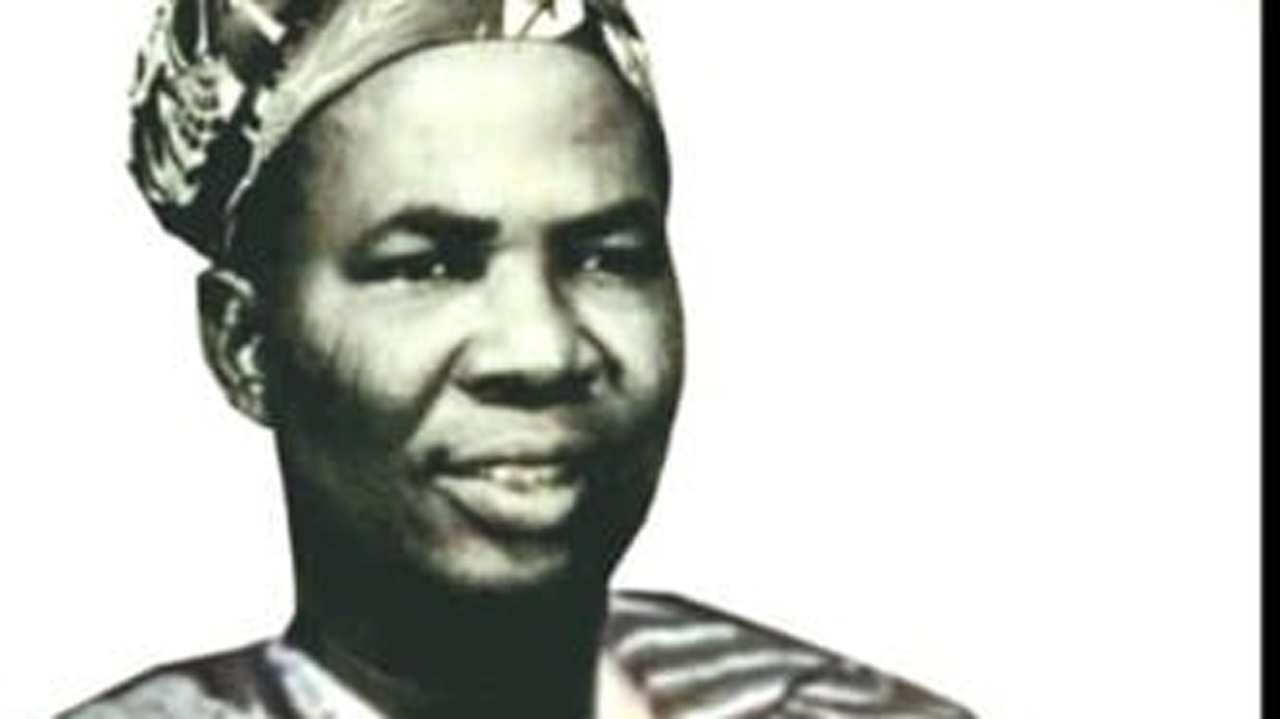The National Coalition Against Mass Killings and Impunity (NCAMKI), supported by the Gani Fawehinmi Memorial Organisation, has criticised the Chief of Defence Staff (CDS), General Christopher Musa, over his claim that residents of Benue State “provided food, shelter and even women” to the armed killers behind the recent Yelwata massacre.
In a statement released yesterday by its National Secretariat, the group described the remarks as “reckless, insensitive, and highly provocative.” It condemned the “dangerous and insulting narrative,” arguing that it re-victimises grieving communities while deflecting attention from the government’s failure to protect lives and property.
The group stated, “The baseless and provocative accusation, claiming that residents aided and abetted the killers, including the shameful assertion that ‘women were given to them,’ is not only unverified but deeply demeaning to the memory of those killed, especially women and children.”
The coalition warned that such comments amount to victim-blaming and risk fuelling division and distrust between security agencies and traumatised communities.
It described the Yelwata massacre as “a clear example of repeated state failure,” adding, “Despite so-called intelligence, no effective protection was provided to the vulnerable IDPs. The attack was not the first and, unfortunately, will not be the last if this culture of impunity and excuse-making continues.”
The group said the claim that grieving communities offered “women” to the attackers reflects “a disturbing level of dehumanisation and misogyny,” adding that such remarks undermine public trust and dishonour the professionalism and accountability expected of the Nigerian Armed Forces.
It demanded an immediate retraction and public apology from General Musa, describing his comments as unbecoming of his office and potentially inflammatory.
“We renew our call for an independent, multi-stakeholder panel of inquiry into the Yelwata massacre, comprising representatives from victims’ communities, civil society, human rights institutions, and the National Human Rights Commission,” the statement read.






